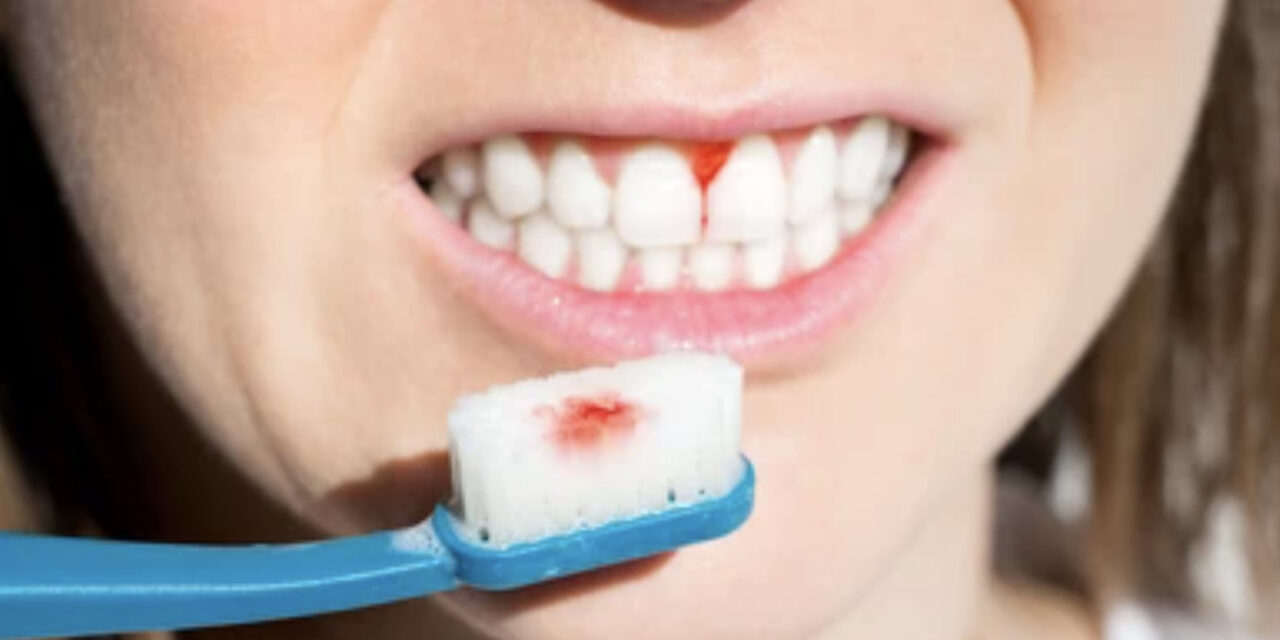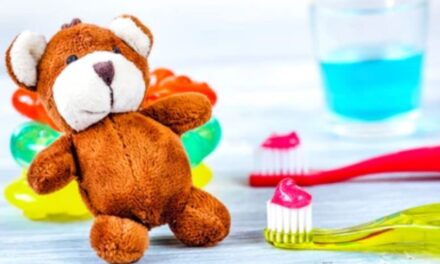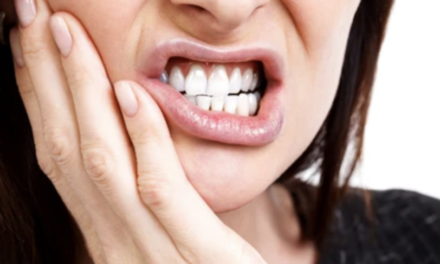Bleeding gums are a common dental problem that many people experience at some point in their lives. This condition can be a sign of a more serious issue, and it’s important to take steps to address it. Here’s what you need to know about the causes, remedies and dentist treatments for the condition.
What are Bleeding Gums?
This occurs when the gum tissue around the teeth becomes inflamed and irritated. This can cause the gums to bleed when you brush or floss your teeth.
What Causes Bleeding Gums?
There are many factors that can contribute, including:
- Poor oral hygiene
- Brushing too hard or using a hard-bristled toothbrush
- Gum disease
- Nutritional deficiencies
- Hormonal changes during pregnancy
- Certain medications
- Ill-fitting dentures or other dental appliances
Home Remedies for Bleeding Gums
There are several home remedies you can try:
- Brush and floss your teeth regularly to remove plaque and food particles that can irritate your gums
- Use a soft-bristled toothbrush to clean your teeth – and be gentle when brushing
- Rinse your mouth with salt water to help reduce inflammation and promote healing
- Apply a cold compress to your face to help reduce swelling and ease pain
- Eat a balanced diet that’s rich in vitamins and minerals, especially vitamin C, which is important for gum health.
How a Dentist Can Treat Bleeding Gums
If your bleeding gums persist despite your best efforts to improve your oral hygiene, it’s time to see a dentist. Here are some of the treatments a dentist may recommend:
- Scaling and root planing: This deep cleaning procedure can remove plaque and tartar from below the gum line, which can help to reduce inflammation and promote healing
- Antibiotics: If you have an infection in your gums, your dentist may prescribe antibiotics to help clear it up
- Surgery: In some cases, surgery may be necessary to remove diseased gum tissue and promote healing.
In conclusion, bleeding gums are a common dental problem that can be caused by a variety of factors. It’s important to take steps to address the issue and prevent further damage to your teeth and gums. By practicing good oral hygiene and seeing a dentist regularly, you can help to keep your gums healthy and prevent this unpleasant gum issue from becoming a more serious problem.





